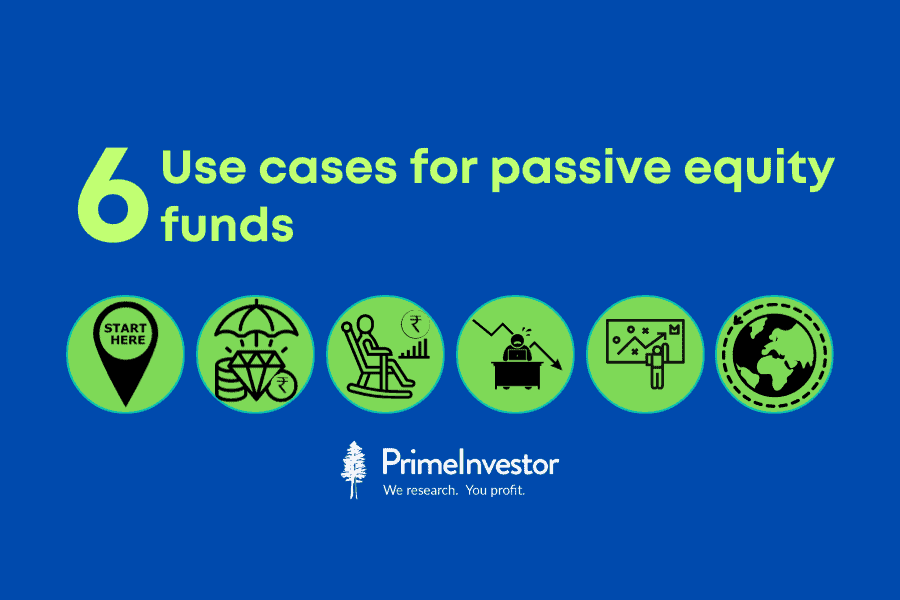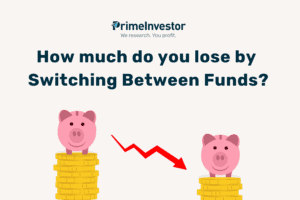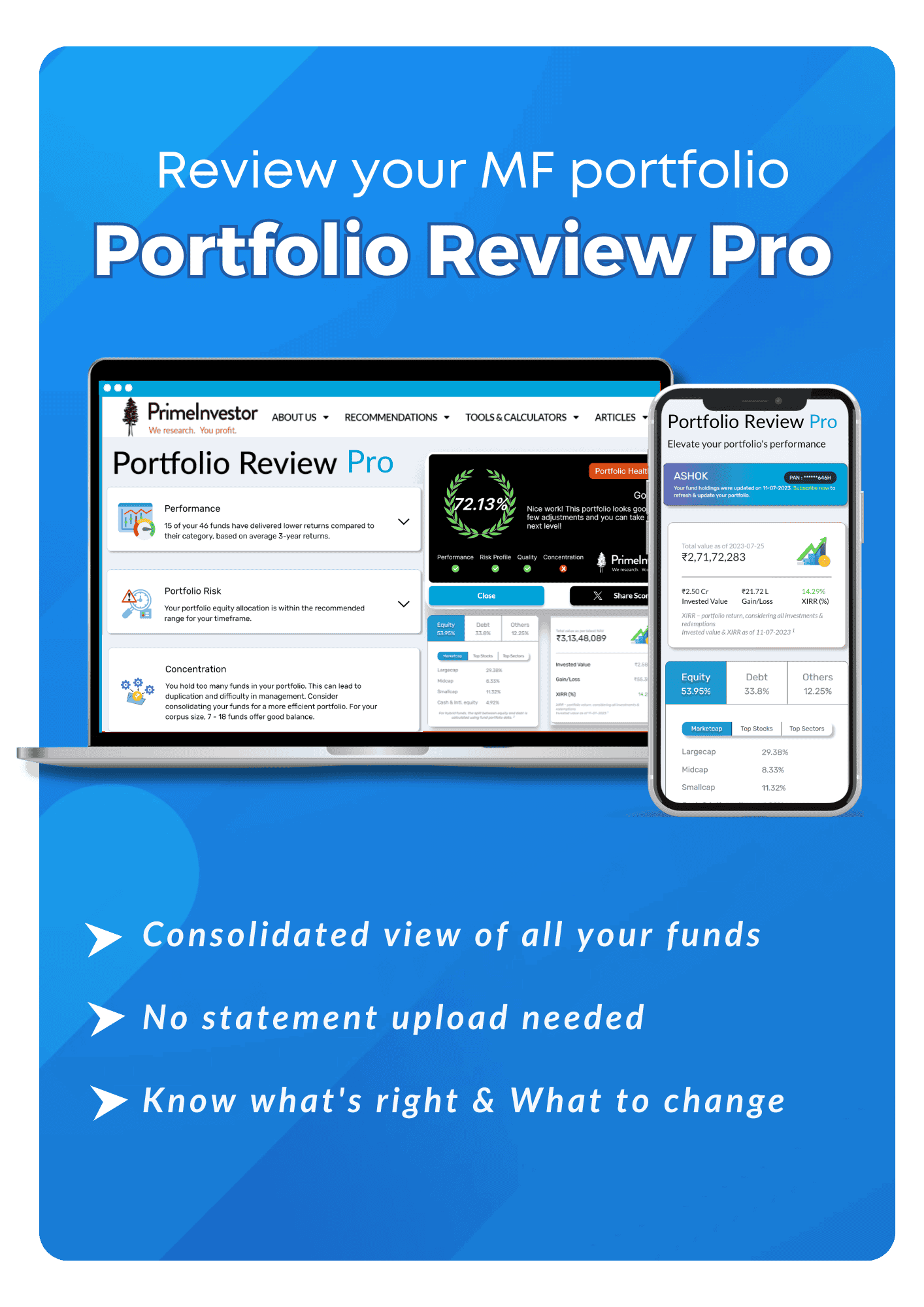In India, active versus passive debates can get as acrimonious as discussions on who deserved to win the ICC World Cup. Passive fund advocates rubbish all active managers and suggest that investors pack their portfolios with index funds. Active fund managers argue that owning a basket of stocks based on their market-cap is a poor way to approach long term investing.
Based on our close tracking of fund performance, we believe there is a case to include both active and passive funds in your portfolio. You just need to know where to use them. If you have been tempted by the expanding menu of passive equity funds and are wondering where to fit them, here are the use cases that we think work best for them.

#1 Passive equity funds to make a start
If you are a beginner to equities, sifting through the 500-odd active equity funds and trying to figure out which ones are likely to deliver and which fund ‘style’ to use can be a daunting task. If you take the help of a distributor and opt for regular plans, you end up sacrificing some of your returns to a higher Total Expense Ratio (TER). For direct plans, you need to find a good fee-only advisor to guide you on your journey.
Some people get so paralysed by all these choices that they keep putting off their equity investments. This is a big mistake. Making an early start is the most important factor to create wealth from equity funds – far more important than choosing the right fund.
Beginner investors can make a quick start on equities by kicking off their journey with index funds. Funds that track the Nifty50, Nifty100 and Nifty Midcap150 are easy to acquire for a new investor and they rarely lead you stray. Refer to Prime Funds for specific passive fund recommendations.
Funds that track the popular indices may not help you own the best businesses in the listed space. But they do help you make a start on equities, so that the compounding clock can begin ticking. You can gain experience of equities as asset class with passive funds and progress to active funds or direct stock investing once you are comfortable with them.
#2 Hedge against active underperformance
Active funds in certain categories consistently struggle to beat their benchmarks. In such categories, with majority of active managers not matching up to the index, the probability of your being able to identify outperforming funds and own them is low. There may also be no point in shelling out a much higher TER for an active fund that outperforms the index sporadically or only by a whisker.
In such categories, even seasoned investors need to own index funds either as a complement or substitute to active funds in their portfolio. This will ensure their returns don’t fall too short of the market.
#3 For retirees
With returns on fixed income products barely matching inflation and the taxman taking his pound of flesh, it has become essential even for risk-averse groups of investors – like retirees – to own equities in their portfolio. Based on their risk appetite and return requirements, retirees may choose to have some allocation to equity funds in their portfolio. (this article we wrote long ago discusses whether retirees can hold equity in their portfolios)
But it is important that these equity funds (in the retiree portfolio) don’t take outsized risks, lag markets or suffer huge reverses during corrections. Index funds tracking the Nifty50, Sensex30, Nifty100 fit the bill. Such funds simply capture the performance of the top 30, 50 or 100 stocks in the market, charge a low TER and restrict losses to index levels in the event of a market fall. By sticking to passive products for their equity exposure, retirees can also save on the time and effort (not to talk of capital gains tax) involved in tracking and juggling between active funds, based on performance.
#4 Capitalising on crashes
When markets head higher, we all wait for those big crashes that can light up the Street with bargains. But when such crashes materialise, we often miss out on capitalising on the opportunity.
Panic bottoms in the Indian markets in recent years, whether in October 2008, March 2009 or April 2020, were made within just a few days. You may be tied up in meetings at work on those crucial days or not have enough time to track stock prices to put through trades. Before you can blink, the stocks you want to buy have hit a low and rebounded by 20-30%. Unless you are a professional investor, you are also unlikely to be maintaining a readymade shopping list of stocks you always wanted to own, in anticipation of a market crash.
As a result of all this, when crashes arrive, we end up accumulating stocks in a haphazard manner. Or we deploy so little money into the crash that it makes negligible difference to our long-term portfolio. This is usually because we lack the conviction to deploy large sums in these hasty stock picks.
Index funds which help you buy up a basket of leading stocks within a market cap segment at one go, are an excellent solution to this problem. When you perceive a rare 30% or 40% market correction unfolding, you can simply swoop in to deploy significant sums in index funds. Funds playing on the Nifty50, Sensex30, Nifty100, Nifty Midcap150 or the Large and Midcap 250 are good options depending on your risk appetite (refer to Prime Funds for fund recommendations). As you are buying index baskets, you are unlikely to go very wrong with your choices. Index funds also offer greater certainty about participating in any rebound, compared to individual stocks you may pick.
Having made the most of a panic bottom with index funds, you can be more relaxed about bargain-hunting individual stocks if the bear phase continues.
#5 Tactical bets
Sometimes, you may not be sure what stock to buy, but you may have quite a clear view that an entire sector or theme in the market offers a great buying opportunity. Or you may see a macro theme unfolding to lift all stocks within a sector.
For instance, today, if you have a contrarian view and believe that the US economy will completely side-step a recession, you may want to buy into Indian IT services companies. In such situations, picking individual stocks within the theme can be tough and time-consuming. Buying into passive funds or ETFs tracking sectoral indices can help you quickly acquire positions in a sector or theme to play an expected turnaround in fortunes. Technical analysts and those using momentum indicators to trade quickly on sectors often use index funds and ETFs playing on specific sectors. Refer to the Equity – Strategy/Thematic section in Prime ETFs for recommendations.
#6 International exposure
Passive funds are your best bet to acquire an exposure in markets or assets you don’t or can’t track very closely. For instance, PrimeInvestor has consistently taken the view that Indian investors can reap rewards from having an allocation to US-centric equity funds in their portfolio. Rather than try to select US stocks based on your tracking of US macros and data, buying passive funds that own a basket of index stocks in the US – whether the S&P 500 or Nasdaq100 – are a good way to implement this strategy.






4 thoughts on “6 use cases perfect for passive equity funds ”
Hi Aarati … Is it worth investing in passive US centric equity fund for someone in highest tax bracket now that such investments are without indexation benefits..?
Would not investment in SGB serve the purpose of hedge against inflation and rupee depreciation..?
Regards … Jatin
Will take this question 🙂 Investing in US can generate higher returns than SGBs, the tax component not withstanding. It is still an equity asset class and do note that US has the highest number of innovator companies that have delivered high growth every time we think that US returns are going to be lame. So the diversification is not for asset class purpose…but for market diversification. For asset class diversification, debt and gold should serve the purpose. thanks, Vidya
Very helpful article as usual
Thanks!
Comments are closed.